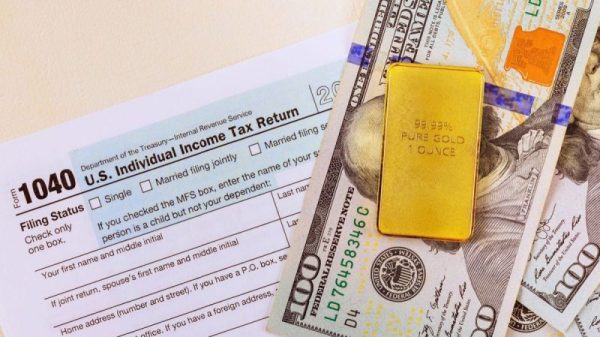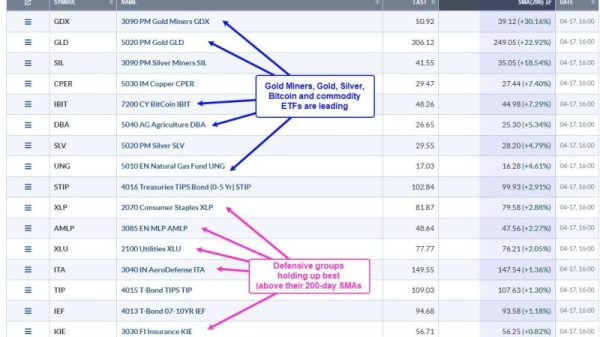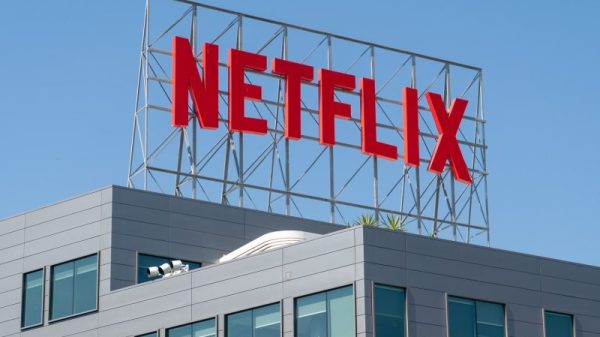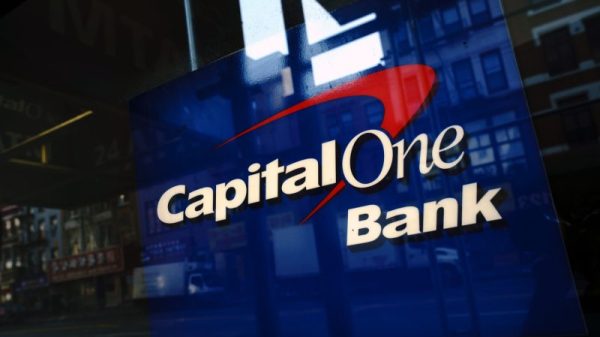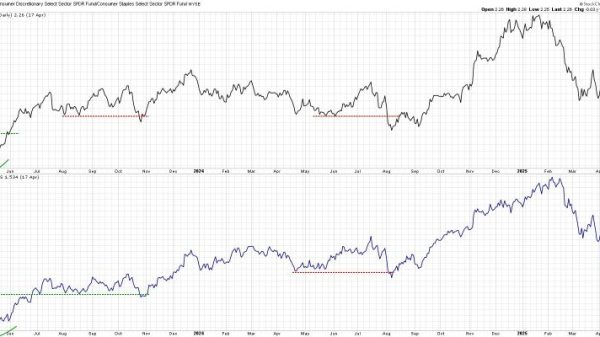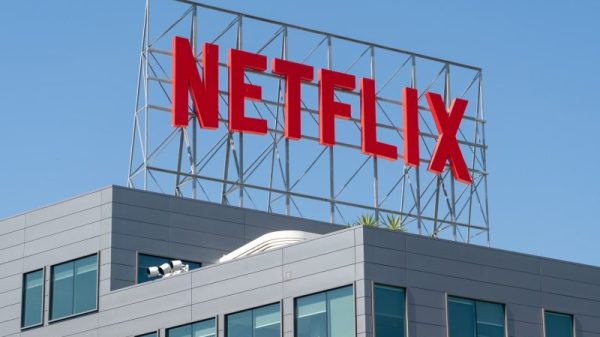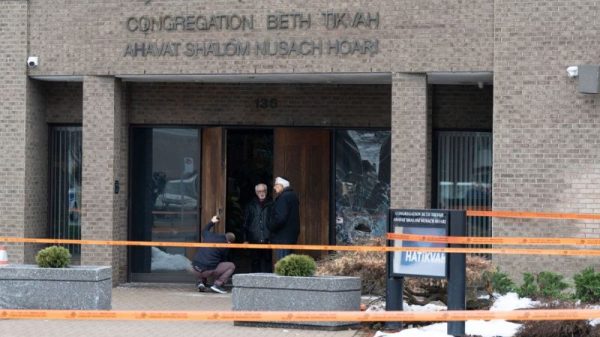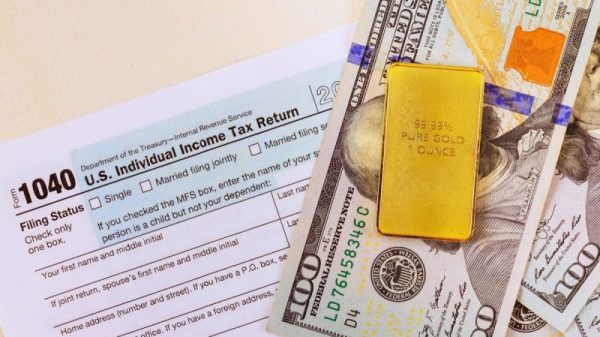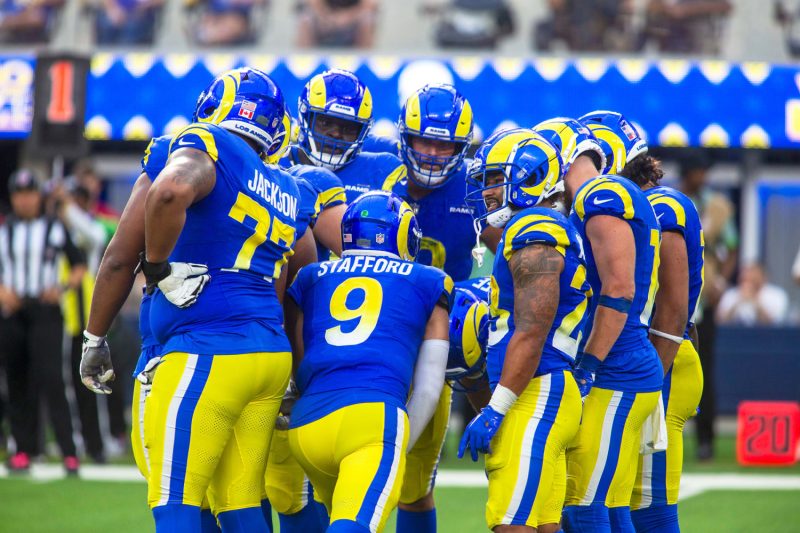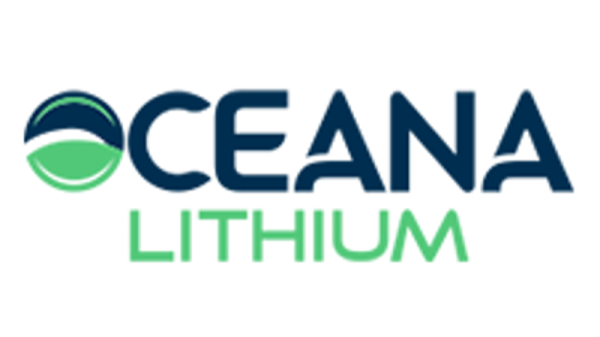There is a $2 billion gulf growing in Los Angeles.
The National Football League’s Los Angeles Rams, No. 2 on CNBC’s Official 2024 NFL Team Valuations list, are worth $8 billion, while the Los Angeles Chargers rank 26th at a value of $5.83 billion.
While the Rams have a recent Super Bowl to their name and the Chargers don’t, the gap in value is about much more than team performance. It comes down to stadium economics.
Both teams play in SoFi Stadium, which Rams owner Stanley Kroenke financed to the tune of more than $5 billion. Kroenke owns and operates the stadium. The Chargers, owned by the Spanos family, are just tenants.
The Rams get about 85% of the stadium’s revenue from luxury suites and sponsorships, as well as all the revenue from non-NFL events, according to a person familiar with the matter. That leaves about 15% of suite and sponsorship revenue for the Chargers — and no money from non-NFL events.
That means, for example, when pop star Taylor Swift sold out six nights at SoFi Stadium in August 2023 during her Eras Tour, the Chargers got no piece of the pie.
The mega tour was a boon for several NFL teams last year. A person familiar with the matter told CNBC that a particular stop on the Eras Tour netted $4 million in revenue per show for the hosting stadium.
Stadium economics count a lot in the pecking order of NFL valuations because $13.68 billion, or 67%, of the league’s $20.47 billion in revenue was shared equally among the 32 teams in 2023. The vast majority of that $13.68 billion comes from national media rights plus sponsorship and licensing deals. But teams do not share revenue from stadium suites, hospitality and sponsorships — and that is where some franchises can pull away in value.
On top of the six Swift concerts, SoFi Stadium also hosted performances last year by Beyoncé, Ed Sheeran, Metallica and Pink. The Rams would keep 100% of that revenue.
The franchise also gets to keep the full $625 million of SoFi’s stadium naming rights, which last 20 years through the 2039 season.
It is a unique revenue share structure in the NFL. The only other franchises to share a stadium, the New York Giants and the New York Jets, split stadium revenue down the middle, according to CNBC sources, and are just about $500 million apart in overall franchise value, according to CNBC’s 2024 list. That is a significantly smaller margin than the LA teams.
Last year, the Rams were second in the NFL in sponsorship revenue, behind only the Dallas Cowboys, who are No. 1 in overall value on CNBC’s 2024 list and are fast approaching $250 million in sponsorship revenue, according to a person familiar with the team’s finances.
The Rams’ sponsorship revenue came in under $200 million last year, according to a person familiar with that team.
Of course, building your own stadium does not come without risk. SoFi Stadium cost more than $5 billion — the most of any stadium in the world — and the Rams have $3.5 billion of debt, by far the most in the NFL.
But the risk appears to have paid off.
When Kroenke bought the Rams for $750 million in 2010, the team was in St. Louis. He moved the franchise to Los Angeles for the 2016 season at a huge expense: Kroenke had to pay the league a relocation fee of $550 million and an additional $571 million settlement fee related to a lawsuit the city of St. Louis filed over the decision to bolt to California.
Still, including that combined $1.12 billion in fees, Kroenke’s investment in the Rams is up more than four-fold since he took control of the franchise. Since moving to Los Angeles, the Rams have made the playoffs five times and have been to the Super Bowl twice, capturing the Lombardi Trophy in 2021.
The Chargers, who moved to Los Angeles in 2017, have made it to the playoffs just twice since and have never advanced beyond the divisional round.
The Spanos family hasn’t done too badly, though. The late Alex Spanos purchased the then-San Diego Chargers in 1984 for $72 million. Similar to the Rams, the Chargers had to pay a $550 million relocation fee. Including the fee, the value of the team has increased 81-fold since August 1984. Over the same span, the S&P 500 is up 53-fold.
In stock market parlance, think of the Rams as a growth stock and the Chargers as a dividend play.





